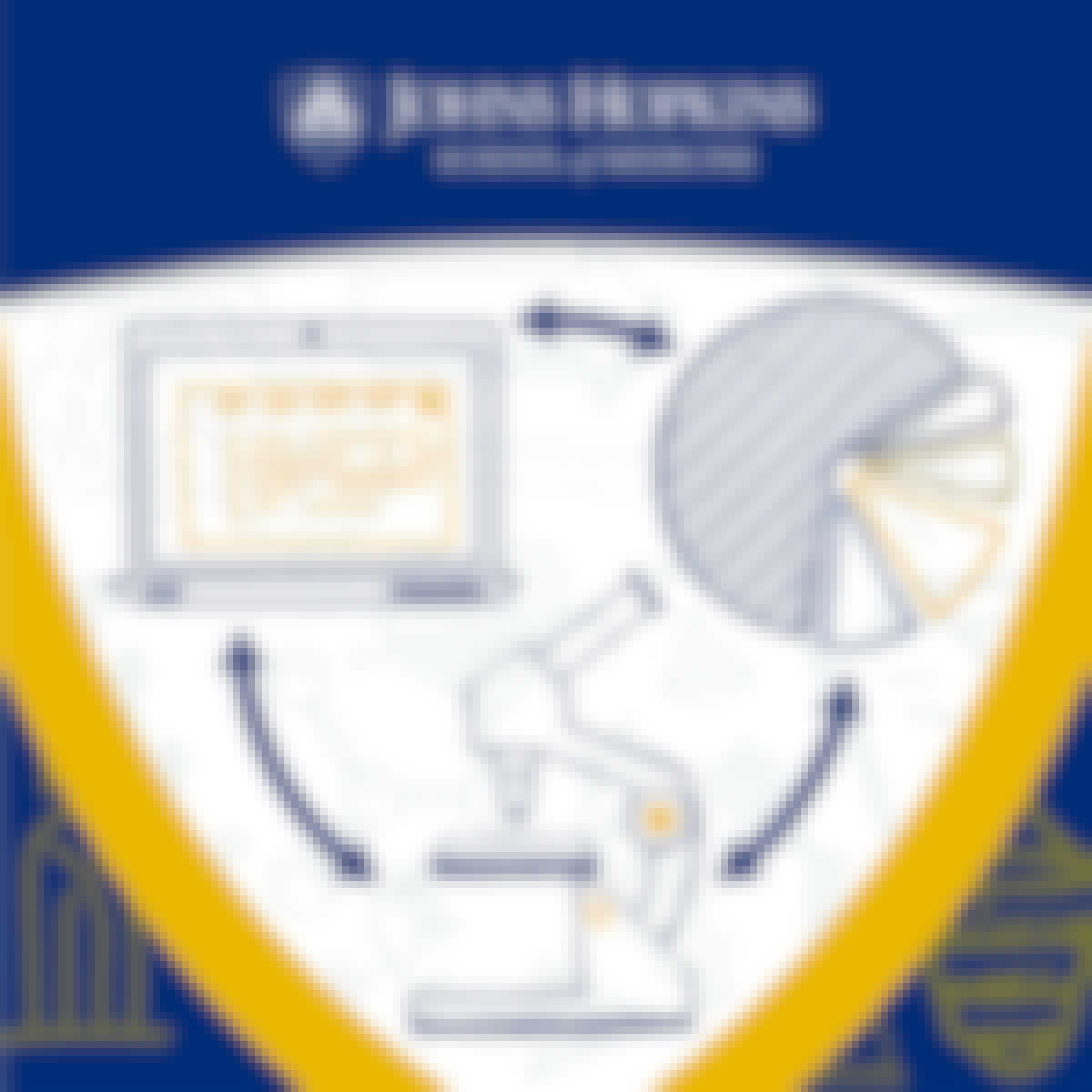Filter by
The language used throughout the course, in both instruction and assessments.
1,617 results for "health economics"
 Status: Free
Status: FreeUniversity of Copenhagen

Johns Hopkins University
Skills you'll gain: Leadership and Management, Training, Human Learning, Planning, Culture

Johns Hopkins University
Skills you'll gain: Biostatistics, General Statistics, Probability & Statistics

University of Pennsylvania

University of Pennsylvania
Skills you'll gain: Regulations and Compliance, Leadership and Management, Innovation, Strategy, System Security, Critical Thinking, Data Management, Risk Management, Strategy and Operations, Research and Design

Johns Hopkins University
Skills you'll gain: Epidemiology, Data Analysis, Data Visualization, Problem Solving, Estimation

Johns Hopkins University
Skills you'll gain: Epidemiology, Problem Solving

Imperial College London
Skills you'll gain: Leadership and Management

Johns Hopkins University
 Status: Free
Status: FreeUniversity of Amsterdam
Skills you'll gain: Computational Logic, Computational Thinking, Critical Thinking, Decision Making, Mathematical Theory & Analysis, Problem Solving

Johns Hopkins University
Skills you'll gain: Biostatistics, General Statistics, Probability & Statistics, Regression, Statistical Analysis, Data Analysis, Statistical Tests

Johns Hopkins University
Skills you'll gain: Leadership and Management, Entrepreneurship
Searches related to health economics
In summary, here are 10 of our most popular health economics courses
- An Introduction to Global Health: University of Copenhagen
- Foundations of Global Health: Johns Hopkins University
- Summary Statistics in Public Health : Johns Hopkins University
- U.S. Health Law Fundamentals: University of Pennsylvania
- Healthcare Law: University of Pennsylvania
- Epidemiology in Public Health Practice: Johns Hopkins University
- Data and Health Indicators in Public Health Practice: Johns Hopkins University
- Health Systems Development: Imperial College London
- Understanding and Strengthening Health Systems: Johns Hopkins University
- Logic for Economists: University of Amsterdam










